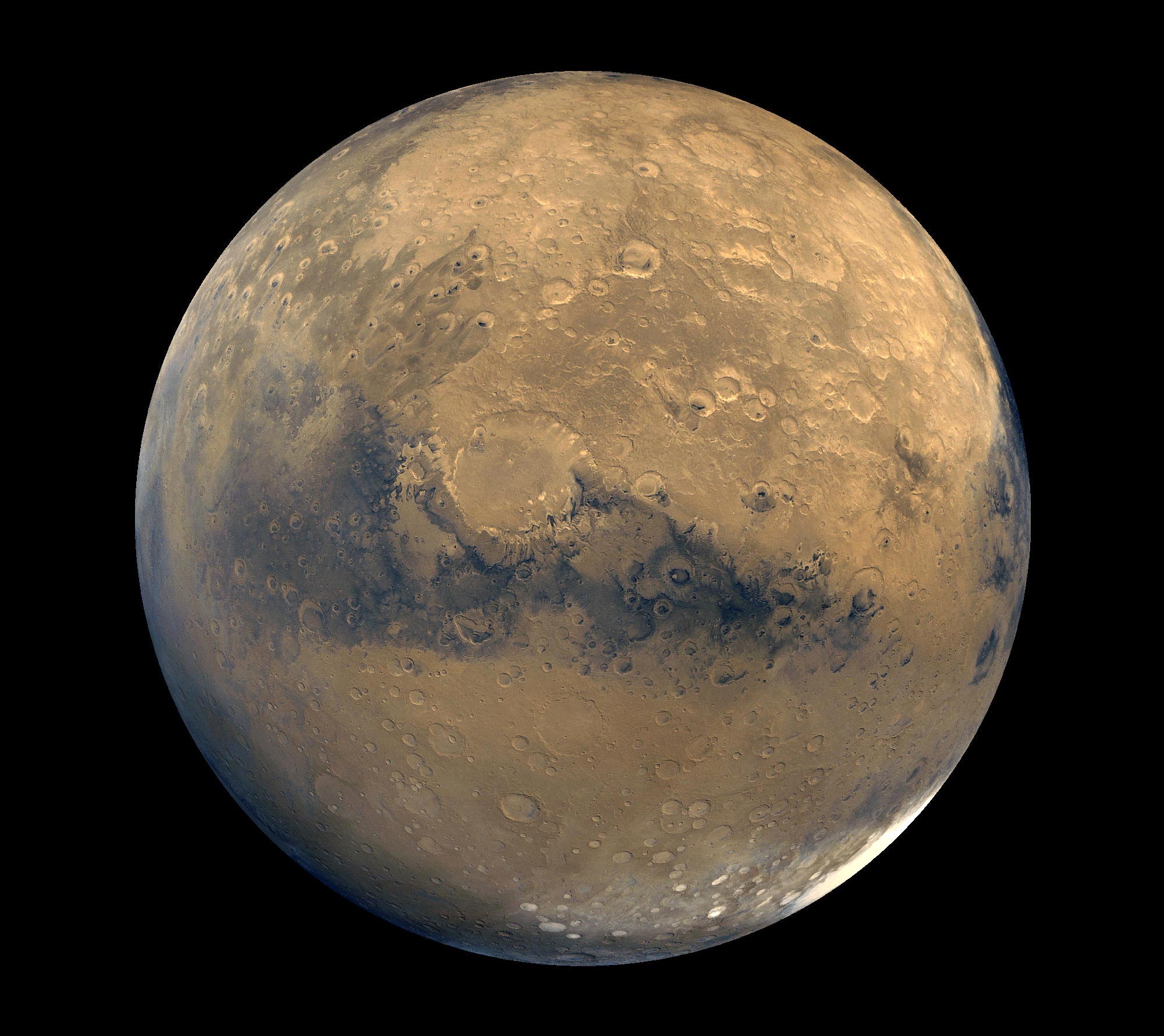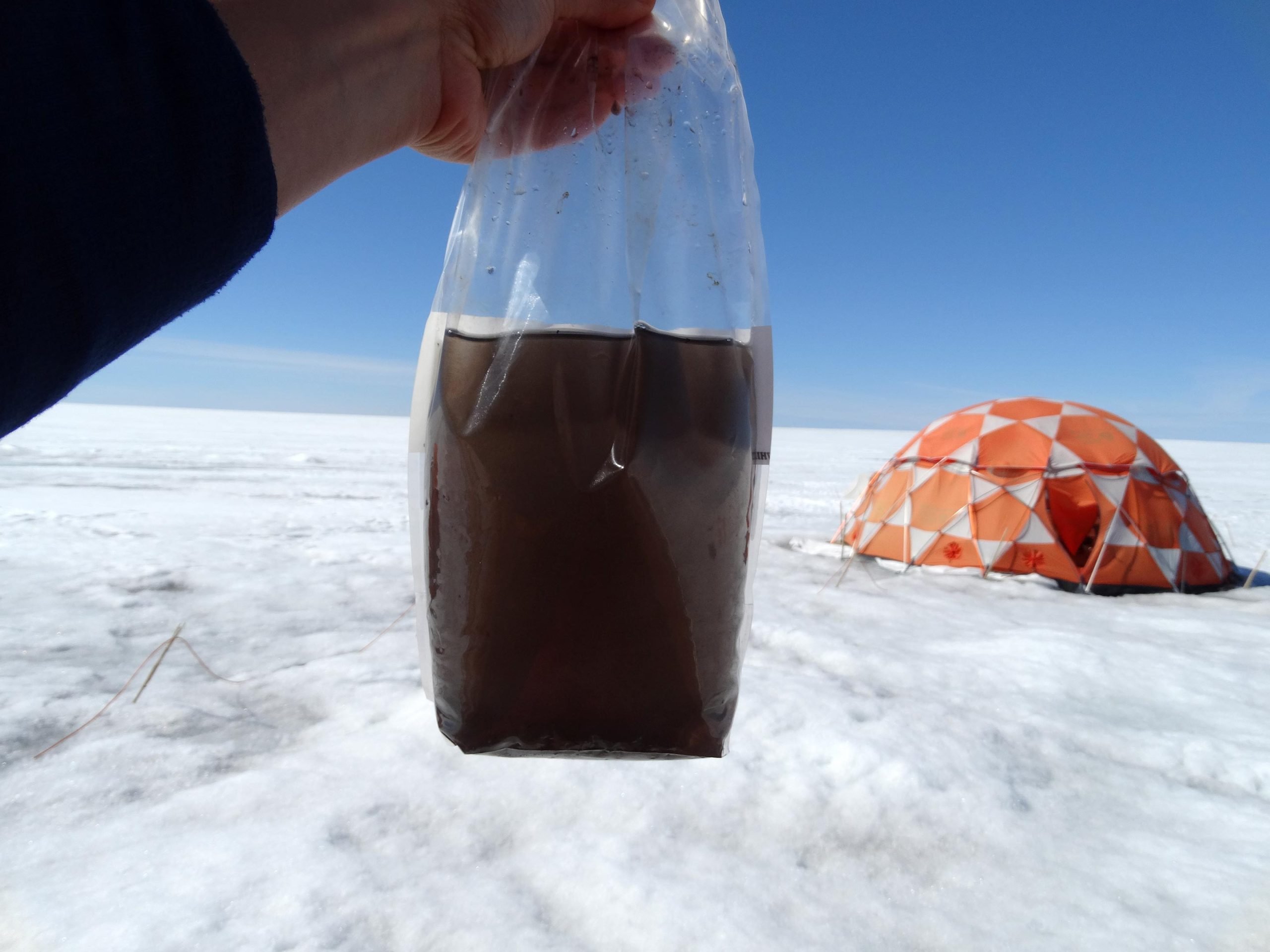NASA has selected 9 companies to conduct early-stage studies of concepts for commercial services to support lower-cost, higher-frequency missions to the Red Planet. (This global view of Mars is composed of about 100 Viking Orbiter images.) Credit: NASA/JPL-Caltech/USGSNASA has enlisted nine U.S. companies to conduct 12 studies on applying commercial services to Mars science missions. These studies, focusing on areas like payload delivery and communications, aim to establish a new paradigm for cost-effective, frequent Mars missions through public-private partnerships.Nine U.S. companies have been selected by NASA to perform a total of 12 concept studies of how commercial services can be applied to enable science missions to Mars. Each awardee will receive between $200,000 and $300,000 to produce a detailed report on potential services — including payload delivery, communications relay, surface imaging, and payload hosting — that could support future missions to the Red Planet.The companies were selected from among those that responded to a January 29 request for proposals from U.S. industry.NASA’s Mars Exploration Program initiated the request for proposals to help establish a new paradigm for missions to Mars with the potential to advance high-priority science objectives. Many of the selected proposals center on adapting existing projects currently focused on the Moon and Earth to Mars-based applications.They include “space tugs” to carry other spacecraft to Mars, spacecraft to host science instruments and cameras, and telecommunications relays. The concepts being sought are intended to support a broad strategy of partnerships between government, industry, and international partners to enable frequent, lower-cost missions to Mars over the next 20 years.“We’re in an exciting new era of space exploration, with rapid growth of commercial interest and capabilities,” said Eric Ianson, director of NASA’s Mars Exploration Program. “Now is the right time for NASA to begin looking at how public-private partnerships could support science at Mars in the coming decades.”The selected Mars Exploration Commercial Services studies are divided into four categories:Small payload delivery and hosting servicesLockheed Martin Corporation, Littleton, Colorado — adapt a lunar-exploration spacecraftImpulse Space, Inc., Redondo Beach, California — adapt an Earth-vicinity orbital transfer vehicle (space tug)Firefly Aerospace, Cedar Park, Texas — adapt a lunar-exploration spacecraftLarge payload delivery and hosting servicesUnited Launch Services (ULA), LLC, Centennial, Colorado — modify an Earth-vicinity cryogenic upper stageBlue Origin, LLC, Kent, Washington — adapt an Earth- and lunar-vicinity spacecraftAstrobotic Technology, Inc., Pittsburgh — modify a lunar-exploration spacecraftMars surface-imaging servicesAlbedo Space Corporation, Broomfield, Colorado — adapt a low Earth orbit imaging satelliteRedwire Space, Inc., Littleton, Colorado — modify a low Earth orbit commercial imaging spacecraftAstrobotic Technology, Inc. — modify a lunar exploration spacecraft to include imagingNext-generation relay servicesSpace Exploration Technologies Corporation (SpaceX), Hawthorne, California — adapt Earth-orbit communication satellites for MarsLockheed Martin Corporation — provide communication relay services via a modified Mars orbiterBlue Origin, LLC — provide communication relay services via an adapted Earth- and lunar-vicinity spacecraftThe 12-week studies are planned to conclude in August, and a study summary will be released later in the year. These studies could potentially lead to future requests for proposals but do not constitute a NASA commitment.NASA is concurrently requesting separate industry proposals for its Mars Sample Return campaign, which seeks to bring samples being collected by the agency’s Perseverance rover to Earth, where they can be studied by laboratory equipment too large and complex to bring to Mars. The MSR industry studies are completely independent of the MEP commercial studies.NASA’s Jet Propulsion Laboratory in Southern California manages the Mars Exploration Program on behalf of NASA’s Science Mission Directorate in Washington. The goal of the program is to provide a continuous flow of scientific information and discovery through a carefully selected series of robotic orbiters, landers, and mobile laboratories interconnected by a high-bandwidth Mars-Earth communications network. Scientific data and associated information for all Mars Exploration Program missions are archived in the NASA Planetary Data System.Caltech in Pasadena, California, manages JPL for NASA.
NASA Backs 12 Innovative Studies to Enhance Mars Exploration




